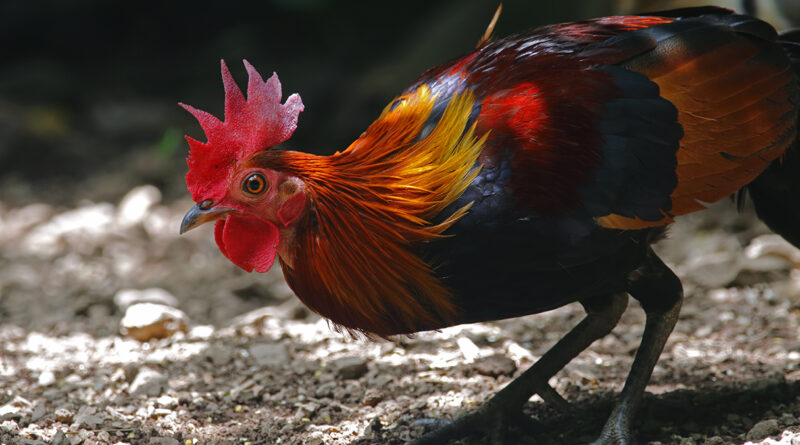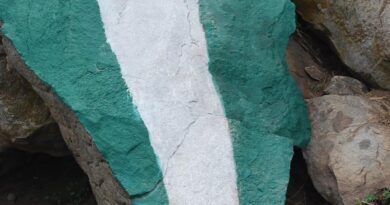‘Death-for-fowl’-Sunday Morakinyo Returns Home Mad
The family of Sunday Morakinyo, one of the Osun State indigenes involved in the widely discussed ‘death-for-fowl’ case, has issued a plea for assistance from the government and concerned individuals to help address the mental health challenges he has been facing. According to the family, Morakinyo was mentally stable before his arrest by the police in November 2010 over allegations of stealing fowl and eggs in Oyan, Osun State.
On January 30, 2013, the police charged Morakinyo and his co-defendant, Segun Olowookere, in the Osun State High Court in Ikirun. Justice Jide Falola presided over the case, in which the two men faced accusations of conspiracy, robbery, and stealing. The prosecution alleged that in November 2010, the duo conspired to rob one Oguntade Faramade of fowls and eggs valued at ₦20,000.
On December 17, 2014, both Morakinyo and Olowookere were convicted and sentenced to death by the Osun State High Court for armed robbery, conspiracy, and theft. However, following significant public outcry, Governor Ademola Adeleke granted them a pardon last week. Upon his release, Morakinyo’s family noted that he returned home with a mental illness that reportedly began after his arrest.
In an exclusive interview, Olowookere disclosed that Morakinyo’s mental health condition developed due to the severe torture they experienced while in custody at the Okuku Police Division. Speaking on behalf of Morakinyo’s family, his uncle, Ojo Olaide, refuted claims that Morakinyo had been mentally unwell before his arrest. Olaide emphasised that his nephew had been in good health before being detained.
“Nothing was wrong with him before his arrest. He was hale, hearty, and mentally stable. He was taken into custody at the market in Oyan for allegedly stealing fowls and eggs, which he denied. Later, Segun Olowookere was also arrested at his father’s shop and brought to the station. We tried to secure their release on bail, but our children insisted they were innocent and refused to be bailed out,” Olaide explained.
According to Olaide, the case escalated after the two men were transferred from Oyan to the Okuku Police Division and later to Osogbo. He alleged that during their trial, the arresting officer testified in court that Morakinyo and Olowookere were not involved in stealing the fowl and eggs. Instead, the actual culprits were reportedly sent to welfare homes in Osogbo and later released.
Olaide accused the police of fabricating confessions to implicate his nephew and Olowookere. “The so-called confessions were not written by our children but by the police. The police falsely implicated them, and I am ready to defend this claim anywhere,” he said.
The family began noticing changes in Morakinyo’s mental state while he was in detention at the Ilesa Correctional Centre. Olaide explained, “I was told Sunday was subjected to severe torture, which led to his mental illness. During my visits to the correctional facility, I brought him clothes, but he would tear them by the time I returned. That was when I realised his condition had deteriorated. Sunday was mentally stable before his arrest, but he came back a completely different person. He doesn’t even recognise people anymore.”
While expressing gratitude to Governor Adeleke for granting the pardon, Olaide appealed for further assistance to facilitate Morakinyo’s rehabilitation. “I sincerely thank Governor Ademola Adeleke for pardoning Sunday and Segun. However, we now need help to treat Sunday’s condition and aid his recovery. We plan to take him to the hospital on Monday, but we require support,” he said.
This tragic case underscores the critical need for systemic reforms in Nigeria’s justice system, particularly regarding police practices, detainee rights, and mental health care within correctional facilities. It also highlights the importance of accountability for law enforcement actions to prevent such occurrences in the future.
NEWS: Tragedy at Jigawa Wedding as Bride Allegedly Poisons Guests
Content Credit| Ajibola Emmanuel Adebayo
Picture Credit | https://www.science.org/




